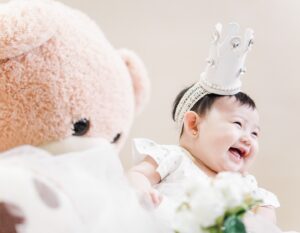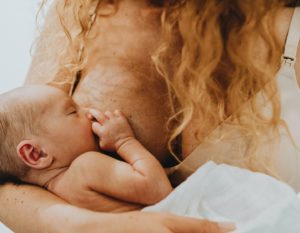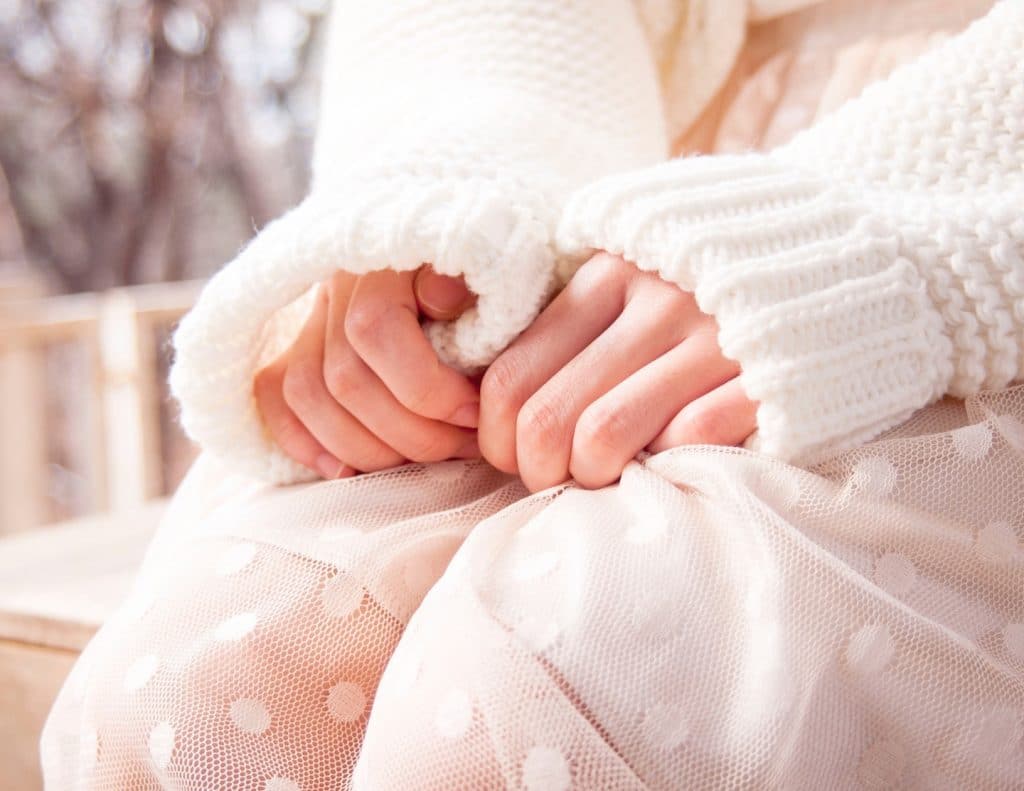







Baby blues or something more?
When the birth of your child should be one of the happiest moments of your life, but it’s not. It’s hard not to wonder why it’s so difficult. While experiencing the “birth pains” of transitioning into the role of a new parent with a newborn is perfectly normal, some parents may experience extreme emotions and debilitating thoughts. Psychologist, therapist and expert, Dr. Quratulain Zaidi of MindnLife Psychology Private Practice dives into the topic of postpartum depression, what it is, its symptoms and how it can be treated.
What is postpartum depression and how is it different from baby blues?
It’s a common problem, affecting more than 1 in every 7 women within a year of giving birth. It can also affect fathers and partners, although this is less common. Research has actually found that up to 1 in 25 new fathers become depressed after having a baby.
Many women feel a bit down, tearful or anxious in the first week after giving birth. This is often called the “baby blues” and is common that it’s considered normal. The “baby blues” don’t last for more than two weeks after giving birth. If your symptoms last longer or start later, you could have postnatal depression. Postnatal depression can start any time in the first year after giving birth. Many women don’t realise they have postnatal depression, because it can develop gradually.
What are the specific symptoms of postpartum depression and how do I know if I have one of them?
It can be difficult to spot this as so many of the symptoms are also the symptoms of new motherhood: lack of sleep, lack of appetite and low libido, to name a few.
Here are a list of symptoms: sadness, frequent crying, insomnia, appetite changes, difficulty concentrating/making decisions, feelings of worthlessness, racing thoughts, agitation, persistent anxiety, anger, fear, feelings of guilt, obsessive thoughts of inadequacy as a person/parent, lack of interest in usual activities, lack of concern about personal appearance, feeling a loss of control, feeling disconnect from the baby, possible suicidal thoughts.
Although most symptoms of PPD are similar to those in a Major Depressive Disorder, many symptoms are unique to PPD, including feelings of anger, fear, or extreme feelings of guilt, obsessive thoughts of inadequacy as a parent, extreme exhaustion yet difficulty sleeping, agitation, feelings of disconnection from the baby, and feeling a loss of control over one’s life.
Can you get postpartum depression or anxiety much later after the birth of your baby?
Postnatal depression can develop at any time during the first year to 14 months after birth, and you may have been depressed during pregnancy (pre/antenatal depression). Each individual is different, and may experience different symptoms.
I have seen mums who have come in much later (18 months to up to 3 years ) to address their depression however the onset of depression was within the time frame of up to 14 months after childbirth, it just wasn’t addressed earlier.
What can I do if I don’t feel an immediate bond or attachment to my child?
Initial insecurities about one’s ability to bond and to parent can definitely come up very strongly and its very common for many women especially for the perfectionists among us to feel we are not doing this motherhood thing right. You are fatigued and you may not be able to give the baby the attention, so there may be feelings of hopelessness.
Firstly, you are not a terrible mum, research shows that 1 in 7 women have these emotions after child birth. Just because you don’t feel the immediate bond with your child doesn’t mean you’re a terrible mum and it’s also not a future predictor of your ability to be a good mum.
You need to be mindful to look after yourself physically, psychologically, emotionally and socially so you can be present for your new born and your partner.
Allow yourself to recover, give yourself permission to accept help from others and look after your sleep and nourishment. Exercise when the doctors clears you for that by starting with a short walk. Having routines help, seeing friends and making ‘me time’ to do the small things you enjoy helps you nourish yourself. Talk to your partner about how you are feeling and appreciate that they have had a life change too so appreciate the efforts loved ones are trying to make. If you are detecting the symptoms discussed earlier, speak to your doctors sooner than later so you can get the right help faster. Always remember this stage is temporary.
How long does it take to recover from postpartum depression?
The recovery process varies from individual to individual. PND itself is complicated and it really depends on a variety of factors that can be contributors to the severity of the PND and the recovery. We all respond to stressors differently. Researchers say something in the birthing process and after the birth the mix of hormones can open up gates to experiences that can trigger feelings of sadness, hopelessness and emptiness to occur depending on their own biological history, personal experiences and coping skills.
How long it takes to feel better can depend on a huge number of variables including the severity of your PND, how long you waited to reach out for help, whether or not you have a history of anxiety and depression, what your home environment is like, how much support you are receiving, and how you can help yourself and how dedicated you can be to treatment and self-care practices.
I have had patients who have reported progress within a few weeks of treatment to where it can takes months for others.
Things that may minimise the amount of time you suffer from PPD include:
- Recognizing the symptoms and getting help early
- Self-care practices
- Developing a personal support system that may include a partner, friends, or parents
- Private counselling services
How can postpartum depression be treated?
Psychological Treatment (Cognitive Behavioural Therapy) and sometimes medication is needed to help with the recovery depending on the severity of the symptoms. Being a mother is an amazing start of a new journey and it has its ups and downs at every developmental stage. Make sure you talk to someone or get help if you feel like it’s hard to cope.
 View All
View All
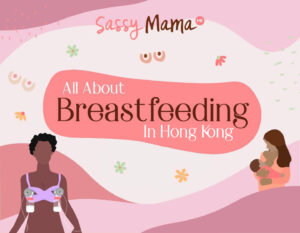

 View All
View All


 View All
View All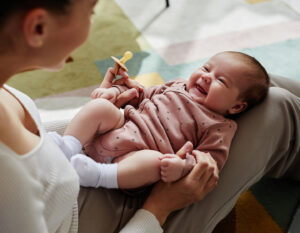

 View All
View All


 View All
View All